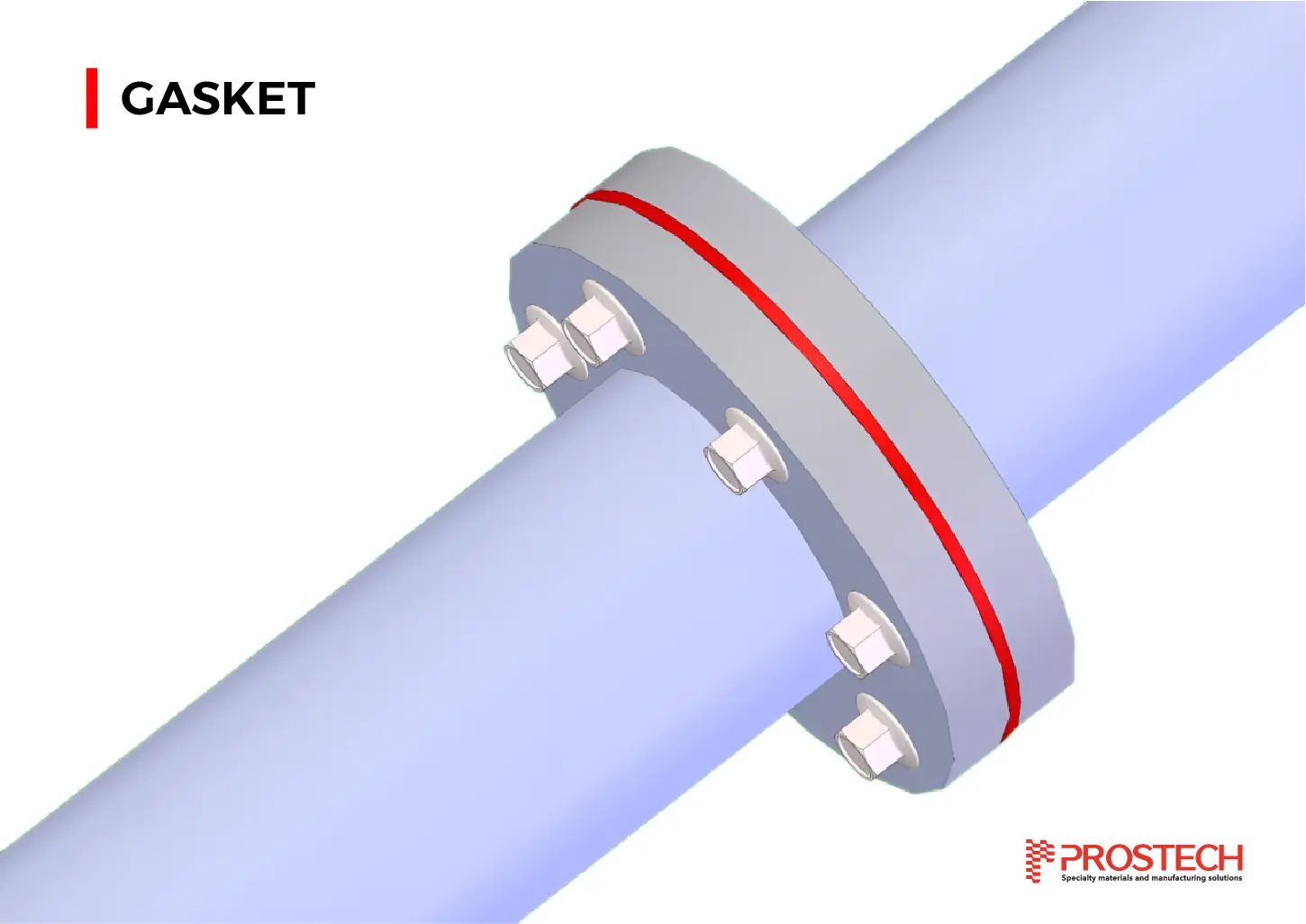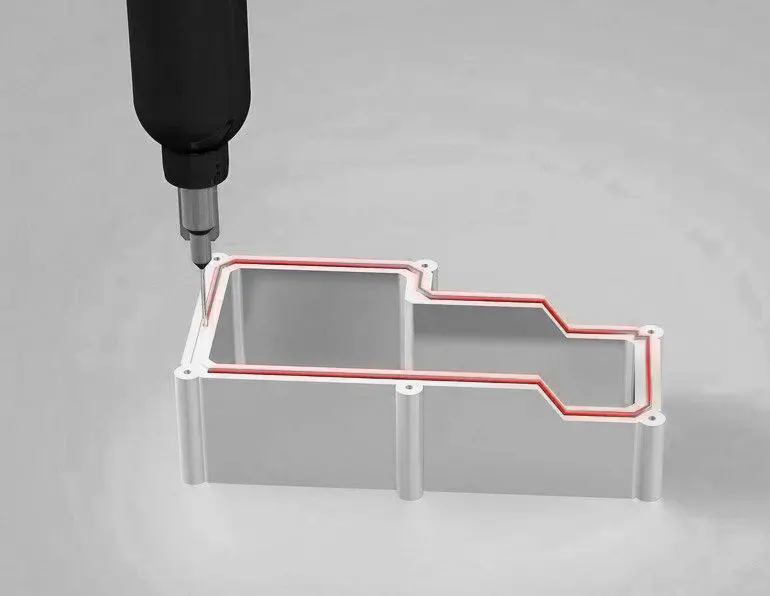
Sealing and gasketing solutions are aimed at ensuring intact, leak-free seals and resistance to adverse effects from the environment.
Water Resistance
Outside Gas Resistance
External weather conditions
Contamination (dirt, salt, grease,…)
Vibrations and Pressure changes
MAIN BENEFITS
Until now, the use of pre-formed conventional compression gaskets is widespread and is normally the first port of call for a customer looking for an instant pressure seal.
However, the use of liquid gaskets as opposed to die cut gaskets is increasing thanks to its obvious benefits:
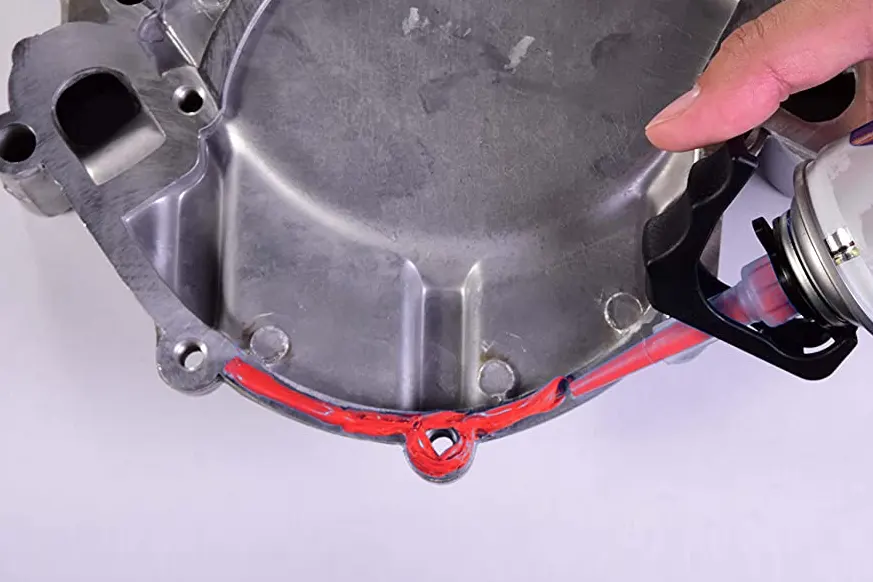
Improve reliability
liquid materials will flow into the gap of the metal surfaces and prevent leakage, reduce compression set and fastener loosening. Especially, anaerobic sealant/gasket add structure strength to the assembly
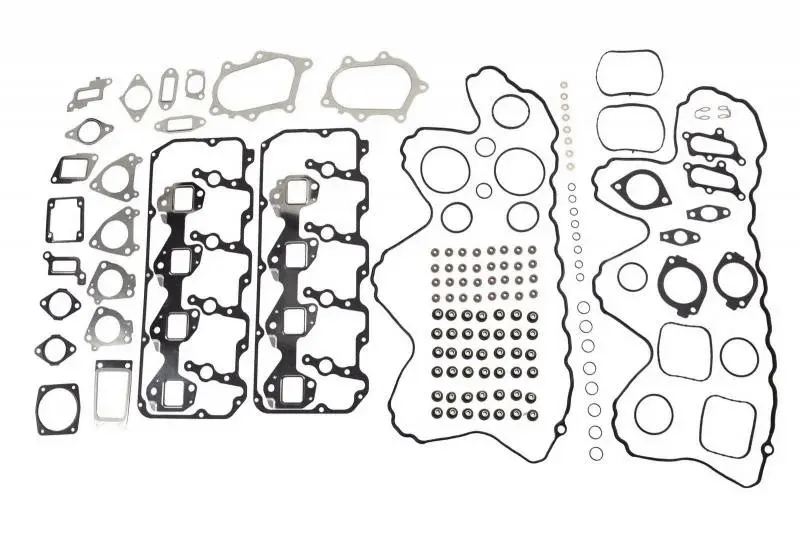
Reduced costs
by reducing the inventory of gaskets in all shapes and sizes; machining tolerances can be relaxed; increase productivity thanks to automatic production ability and lower servicing costs.
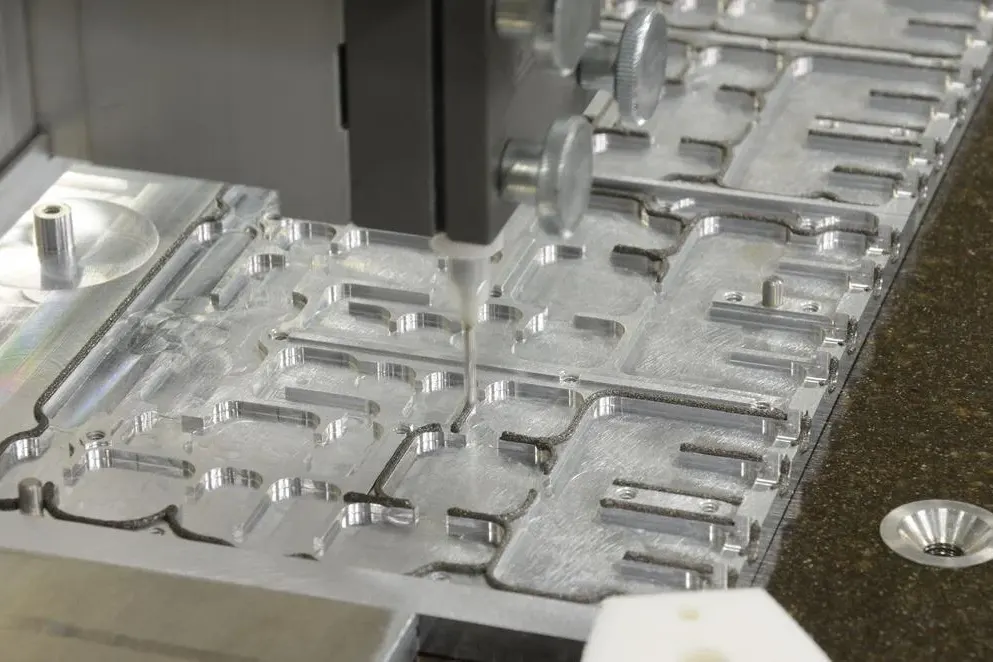
Easier application & service
easy to automate and rapid curing. Liquid gaskets allow easier disassembly and clean-up than compression gaskets; one package can be used in multiple flange size.
Automated Dispensing System for Gasketing & Sealing Application
APPLICABLE IN VARIOUS INDUSTRIES
With such characteristics and effects, sealing and gasketing applications appear in almost every industry, as long as there is a need to protect the integrity of the electronic, the assembly, or the product.

Electrical/electronics applications
module assemblies, transformer sound deadening, motor housing and computer hard drive assemblies,…

Automotive applications
EV battery, powertrain, transmission components, oil pans, audio system, filters, MSD, headlamp, automotive display, window seals, front engine plates, cam covers, and noise reduction for windows, alternators, etc.
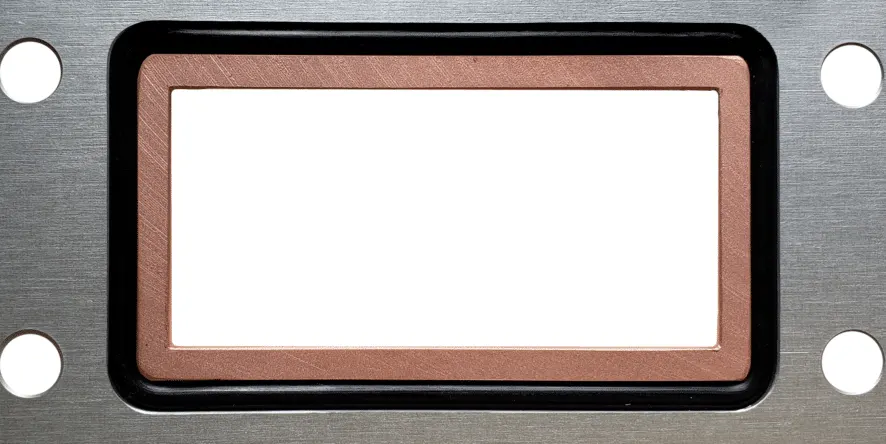
Appliance applications
Refrigerator/washing machine seals, water and steam assemblies for irons, microwave oven, vacuum cleaner sole plates, and coffee warming plate assemblies, …

Aerospace applications
window and door seal, engine gasket, HVAC seal, led lighting gasket, vent duct, instrument panel seal, …

F&B applications:
food processing machinery, food transfer tubing, industrial oven,…
In addition, sealing and gasketing is also encountered in many applications in the oil & gas industry, construction, and agriculture.
TYPE OF LIQUID GASKETS/SEALANTS
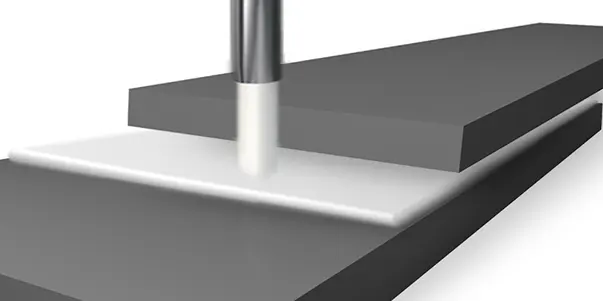
Formed-in-place gasket/sealant (FIPG)
are formed by applying the bead to one flange and mating the parts. Upon assembly, the adhesive spreads between the flanges and into surface imperfections to provide total contact between the two surfaces. The gasket requires no compression and cures to form a durable seal.
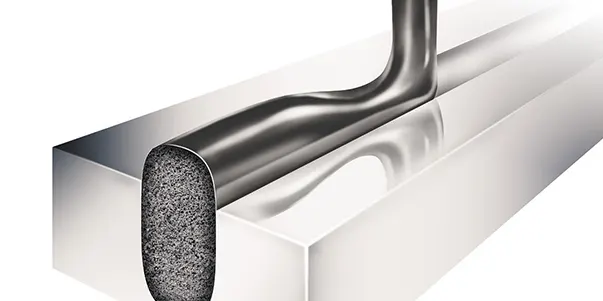
Cured-in-place gasket/sealant (CIPG)
are dispensed onto a groove or step, generating a uniform solid compression gasket. They are cured with heat or UV light or through a multi-component system prior to assembly. The process involves applying the liquid bead to one flange, curing the bead, and compressing the flange against its mating part to achieve a strong seal. CIPGs are recommended for assemblies that require frequent service.

Anaerobic gasket/sealant
are used in tight areas where air cannot reach. Applications is limited to metal contact only. Anaerobic gaskets/sealants are cured upon contact with metal ions when air is not present. They are designed to add stiffness to the entire flange and offer reliability while maintaining an airtight seal.
The use of liquid sealants/gaskets has proven its advantages in a growing number of applications. However, choosing the right material for each application requires many considerations regarding the sealing/gasketing position, the gap between two surfaces, working conditions, and special requirements as well as reliability tests,… Contact us to get the right choice from experts!
Useful Information
FIPG & CIPG – A Comprehensive Guide
In today’s industrial landscape, achieving robust seals between mating surfaces is crucial for operational efficiency and safety. FIPG and CIPG

